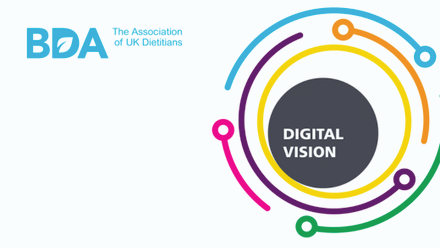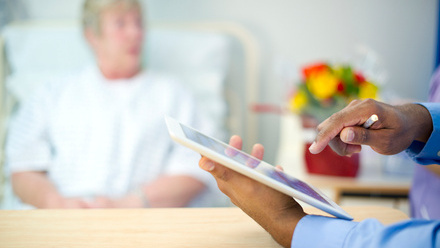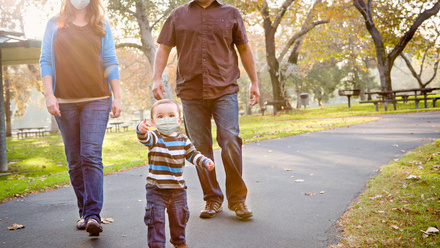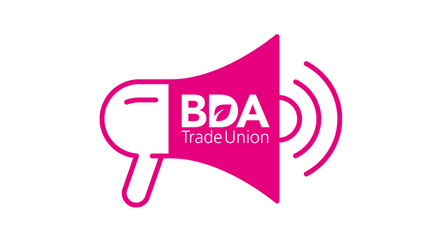
It is an extremely unsettling time right now for everyone, not least our patients. Official government advice is to stay at home and only leave if absolutely necessary. For dietitians running outpatient or community clinics this could lead to cancellations and no shows. Equally, the BDA has stated that dietitians, for their own safety, should avoid face-to-face consultations if they are not necessary.
Technology can be a perfect solution to maintain services and minimise risk, there is a huge variety of digital options at our finger tips, and many of the ones we use in our personal life can be used with clients too!
If a client is happy to use the technology and accepts the invite this is implied consent to use this method of communication. Like picking up the telephone. As dietitians we often use behaviour change techniques that require face to face contact, and therefore video calls or conferencing facilities can be ideal. Hospify, an app recently added to the NHS App library supports secure messaging between clinicians. Unlike the other examples its level of data security allows for patient identifiable information to be shared. Make sure you check guidelines within your trust, and make suggestions and ask questions if you think there might be a better or easier way to do something.
One of our leading “Digital Dietitians”, Marianne Williams, has implemented this way of working extremely effectively and is able to continue her gastroenterology service online, by improving the accessibility to her clinics in this way. She says:
“I have been seeing all patients remotely for two weeks now using Zoom which allows me to share my screen and show them booklets and go through symptoms score sheets and images like the Bristol Stool Chart all from the safety of their home. It works absolutely brilliantly and I simply put reports and booklets in the post or email.
"Zoom is free to use for 40 minutes. I have a subscription so that I can use it for longer, but ideal for those just trying it out to use the free version.”
This is a fantastic example of how the rapid implementation of digital tools can allow community non-urgent services to continue, whilst keeping dietitians and service users safe. Digital tools can allow us to continue to support those managing long term health conditions.
We would encourage you not to completely cancel these services that improve the quality of life for many, and to adopt the use of digital tools to support the continuation of your reduced services.







